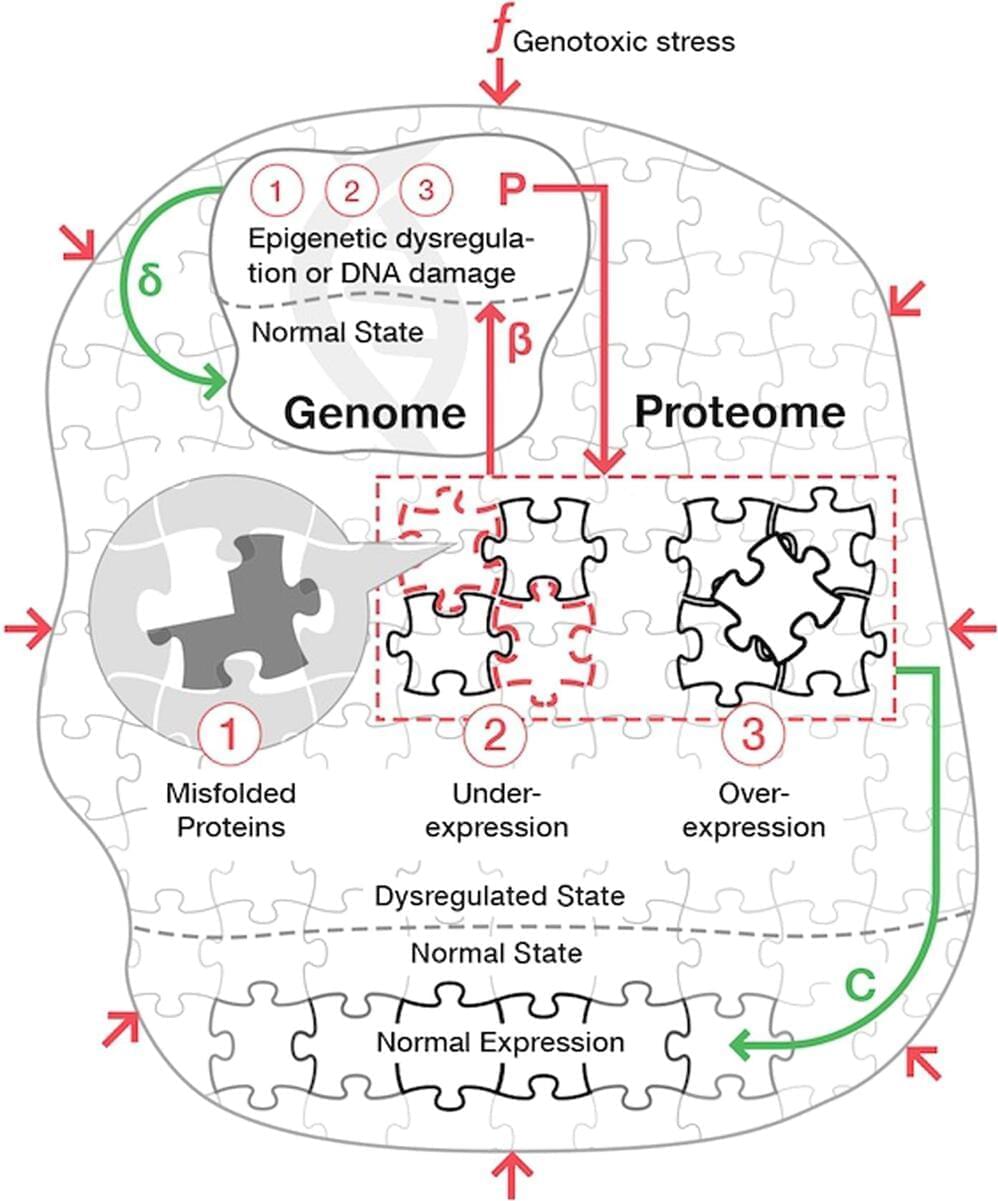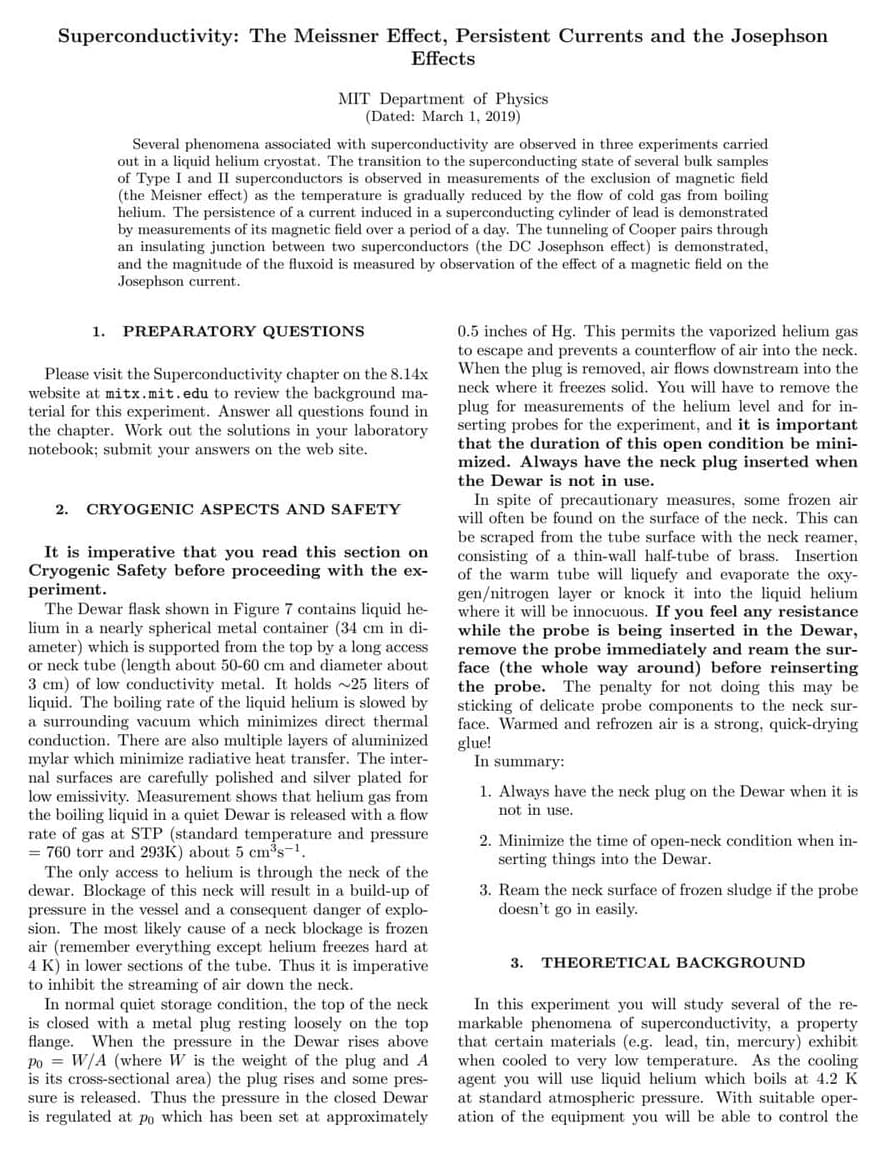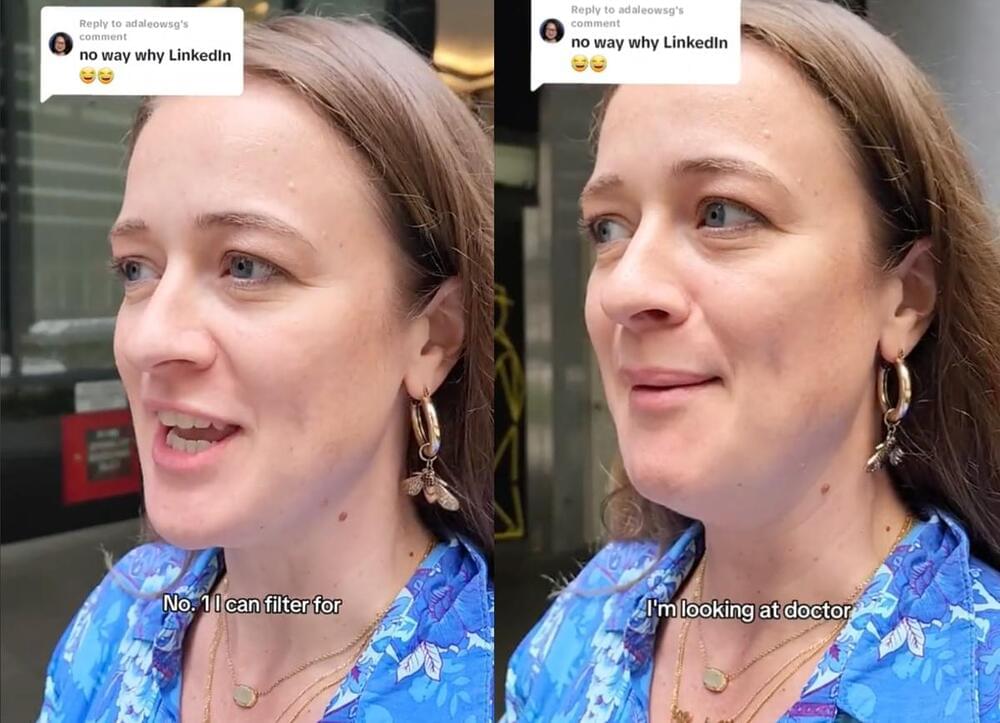When we give AI a humanoid form, we typically choose the robot to have feminine characteristics. Are we playing on stereotypes?



The naked mole rat lives much longer than iI’s than other members of its species. Can it’s ability to repair DNA and fold proteins be employed in Humans to extend our lifespan?
Several animal species are considered to exhibit what is called negligible senescence, i.e. they do not show signs of functional decline or any increase of mortality with age. Recent studies in naked mole rat and long-lived sea urchins showed that these species do not alter their gene-expression profiles with age as much as other organisms do. This is consistent with exceptional endurance of naked mole rat tissues to various genotoxic stresses. We conjectured, therefore, that the lifelong transcriptional stability of an organism may be a key determinant of longevity. We analyzed the stability of a simple genetic-network model and found that under most common circumstances, such a gene network is inherently unstable. Over a time it undergoes an exponential accumulation of gene-regulation deviations leading to death.


In a bizarre experiment researchers from US and Russia connected the circulatory systems of young and old mice for a whole 12 weeks, slowing the older animals’ cellular aging and increasing their lifespan by as much as 10 percent.
The study expands on previous research showing there are components in young mammalian blood worth investigating for anti-aging health benefits.
As impressive as the results seem, they fall well short of supporting whole-blood transfusion treatments in humans. Putting aside the huge biological leap between mice and humans, there are numerous known and severe risks associated with such treatments for the receiver, not to mention questionable ethics of donation.

It’s been rumored for several months now that Apple will be using a new 3 nm manufacturing process from Taiwan Semiconductor (TSMC) for its next-generation chips, including M3 series processors for Macs and the A17 Bionic for some next-gen iPhones. But new reporting from The Information illuminates some of the favorable terms that Apple has secured to keep its costs down: Apple places huge chip orders worth billions of dollars, and in return, TSMC eats the cost of defective processor dies.
At a very high level, chip companies use large silicon wafers to create multiple chips at once, and the wafer is then sliced into many individual processor dies. It’s normal, especially early in the life of an all-new manufacturing process, for many of those dies to end up with defects—either they don’t work at all, or they don’t perform to the specifications of the company that ordered them.

A team at Nottingham Trent University analyzed the full set of more than 11,000 gene transcripts inside muscle cells, finding that the ‘development pathways’—the different ways in which genes work together to regenerate muscle—become weakened in aged cells.
The study may help to shed some light on why muscle damage take longer to recover from as we age. The study is published in the Journal of Tissue Engineering and Regenerative Medicine.
The researchers developed a new approach to examine muscle cells in vitro in the laboratory to enable them to observe the different molecular mechanisms that drive muscle aging.

How do you make your work more meaningful? Prior studies have focused on understanding the factors that contribute to making work meaningful overall, such as having more autonomy or being able to job craft. But these are individual actions that don’t easily translate into how we experience meaningfulness every day. It can also be difficult for early career professionals as you can’t just decide to drop every uninspiring task from your to-do list in an attempt to experience more meaning in your role. Research shows that being in a state of awareness can help. In a state of awareness (of yourself and your wider work environment), people are more willing and able to be creative in how they think and deal with challenges and other work-related problems. Awareness also helps you come up with better solutions, interpret signals from others around you, and adapt to changing circumstances.
The Impact of chatGPT and other large language models on physics research and education (2023)
Event organizers: Kevin Burdge, Joshua Borrow, Mark Vogelsberger.
Session 1: The computer science underlying large language models.
“Keeping AI under control through mechanistic interpretability“
Speaker: Prof. Max Tegmark (MIT)


Candice, who’s based in Singapore, continued to praise LinkedIn in the caption of her TikTok video, writing: “I’m looking for A-grade men and @linkedin has A-grade filters!”
She also noted that she’s using LinkedIn as part of her effort to try 10 dating apps for 10 weeks.
The video has quickly gone viral on TikTok, where it has amassed more than 895,000 views. In the comments, many people were quick to applaud Candice’s dating approach, while claiming that there are benefits of looking at someone’s LinkedIn profile.